284) The Yellow House of Willbrook Road, Rathfarnham, D14
Neighbouring Rathfarnham Castle, and established in 1827, this pub predates the Church of the Annunciation that stands opposite it. As its name suggests it is built from a striking brick of yellow hue. Inside is a dignified bar well-kept and a celebrated carvery is on offer seven days a week. It was reportedly once owned by a certain Ms. McCarroll, the mother of a deceased schoolfriend of Coll Senior. Coll Jr. couldn’t explore this locale fully due to a fit of the fidgets, a disagreeable consequence of a bold blend in the human gut of alcohol, coffee and loose-leaf green tea. More fool him, better luck next time.
Flat Iron-ish facade, stables ‘round the back
The Yellow House was also the scene for a rather touching literary reunion between a father and son, sometime around July 1909. We will quote from John Wyse Jackson and Peter Costello’s biography John Stanislaus Joyce: The Voluminous Life and Genius of James Joyce’s Father, pages 304-5:
…Pappie and Jim went out for a walk in the country together. They caught a train to Rathfarnam, south of the city, then headed off on foot towards the Dublin mountains. They had only got as far as the edge of the village when they found themselves outside the Yellow House, a large roadside pub. Inside, they discovered an empty room with two pianos. When drinks had been bought, John, without saying a word, sat down to play a baritone cavatina from the second act of La Traviata. Jim, generally as traditional in music as he was to be avant-garde in literature, loved Verdi’s 1853 opera and recognised the piece. He knew that the words of the aria (sung by Alfredo’s father) were:
From the land and sea of dear Provence,
What has caused your dear heart to roam?
From the love that is ever with you there,
From your father and your home.
In the song, the father is imploring the son, who has left home for the sake of a woman, to come back to him. The same old father goes on to acknowledge how much he has suffered: eventually there will be a reconciliation between them. … Thus, in this characteristically unconventional fashion, John Stanislaus and James Augustine Joyce at last forgave one another for all that each of them had done and not done, said and not said, over the previous five years. It was something that could not have been achieved so quickly through the awkwardness of crude verbal apologies. … Though John’s wish for his son to come home was to continue through the next two decades, the recollection of the wordless communication between them that day in the Yellow House would remain significant to both Joyces, father and son, marking as it did the end of their estrangement and the acknowledgement of their love.
DISCLAIMER: The contents of this blog represent personal opinions and perspectives only. Read more.




